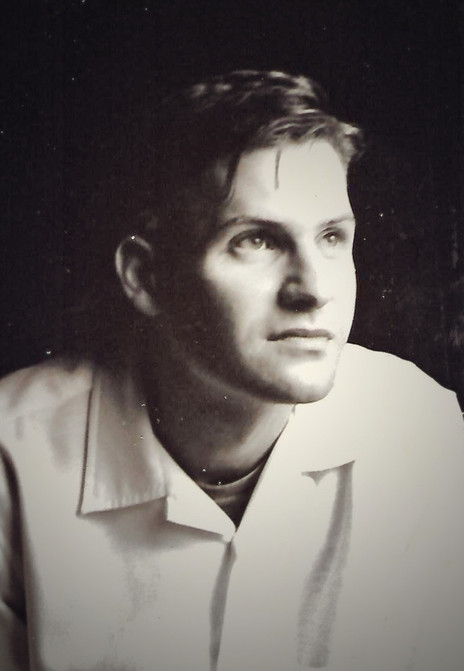AudioCulture
The noisy library of New Zealand music
Te pātaka korihi o ngā puoro o Aotearoa
Simon Holloway
Then there’s Lost Tribe, Dei Hamo, Misfits of Science (on his own label, Hoof), Sulata, K’Lee, Dane Rumble, The New Loungehead, and more. He has a huge list of credits to his name.
Holloway was a big fan early on of hip-hop, hanging out with pioneering Auckland rap and graffiti posse Smooth Crew in the mid-1980s and raiding their crates for early Tommy Boy 12-inches. He soaked up a lot of the music coming out of clubs in the late 80s and early 90s, which led to him becoming one of a small handful of studio engineers in Auckland who had a decent grasp on producing urban sounds, alongside the likes of Mark Tierney, Angus McNaughton, and Chris Sinclair.
Holloway set up his own studio, Beaver Studio, in 1991, with production partner Greg Davis, and later become the sole owner. He hooked up in the mid-1990s with the Deepgrooves label when they set up their own in-house production studio, called Kaiun Digital, in central Auckland. Beaver was based on the seventh floor of the same building in Victoria Street, with Deepgrooves on the second floor.
Holloway says “My first recording was a homage to NWA in January 1990, with Mark Tierney engineering ... then once I got to Deepgrooves, our demos were hijacked for the Sulata album, which I produced. That place was amazing to work at – so many talented people, There was Zane [Lowe] with his Breaks Co-Op stuff, Ermehn, Phil with his UPR stuff, and Rob Salmon hanging round, who I was always trying to get to do the first House track out of NZ with.” (Back2Basics magazine, Oct/Nov 2004)
Simon Holloway worked across a range of Deepgrooves productions as engineer and programmer, most notably co-writing and producing the 1997 debut album Kia Koe for singer Sulata. The album scored nominations at the NZ Music Awards the following year for best engineer and best producer.
He started working with Phil Fuemana on his Urban Pasifika label, recording and engineering a number of their acts including Lost Tribe, and Aaria, firstly at the Deepgrooves studio, then later in his own studio, Beaver Music, from 1997 onwards.
Phil described their working relationship in NZ Musician (Feb/March 1999), saying “He’s the one engineer who doesn't front up with that ‘I know it all’ shit … one of the main things our genre has had to deal with is engineers who don’t know shit about hip-hop. We [Urban Pasifika] bring the hip-hop/R&B flavour to the desk, Simon laces it with his sonic and technical skills and it’s a team effort.”
Holloway was involved with Greg Churchill (resident DJ at the Box at the time) in the Beaver Music remix of Jan Hellriegel's ‘Melusine’, which Simon described as the first local record from the pop genre that could be played in a nightclub.
Holloway went on to work with Dei Hamo, and Nesian Mystik, which led to him starting his own label, with Nesian Mystik’s manager Adee Keil. Their first act was Misfits of Science, who hit big with their single ‘Fools Love’, which spent four weeks at No.1 on the singles charts.

Visit our sister site
NZ On ScreenMade with funding from
NZ On Air
